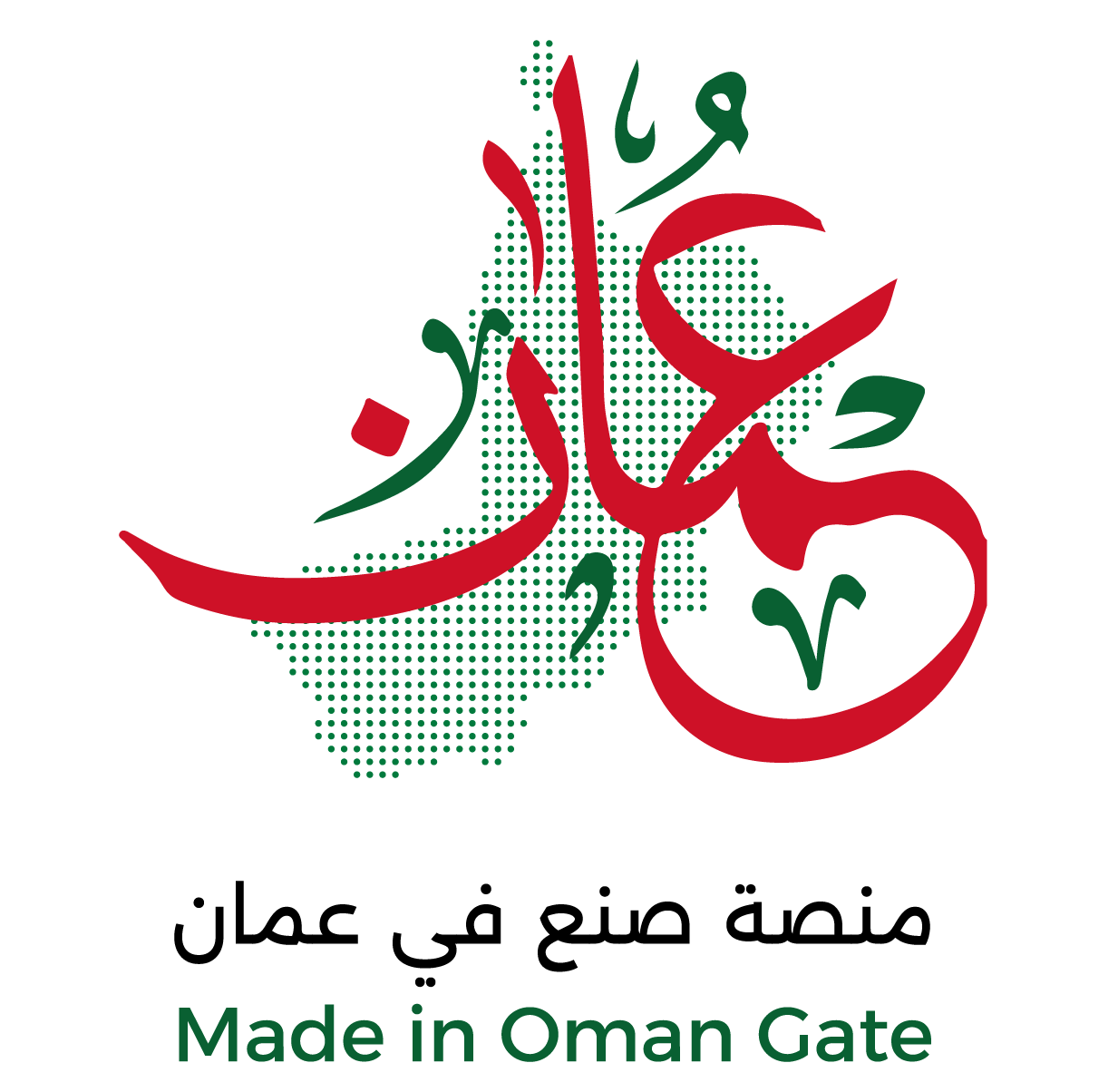The General Federation of Oman Workers (GFOW) organised a training programme for over 30 trade union secretaries to outline their roles and responsibilities within trade union governing bodies, which concludes today
The programme aimed to improve the performance and governance of trade union governing bodies, standardise and simplify administrative procedures for secretaries, and highlight effective methods for managing and archiving trade union files. It also focused on utilising digital resources to enhance access to information and applying technological advancements. Additionally, the programme provided systematic, practical, and procedural skills for preparing and organising meeting minutes and both periodic and annual reports, to enhance the quality and effectiveness of trade union work.
Dr. Saadoon al Hamdani, CEO of the International Academy of Diplomacy and Etiquette, presented on language skills for report writing and meeting minutes on the first day. On the second day, Trainer Ahmed Al-Jahdami discussed the roles and responsibilities of trade union secretaries.
Rashida al Balushi, Trade Union Secretary at Oman Post, said, “The programme equipped me with skills in report writing using appropriate language, drafting meeting minutes, understanding various types of meetings and their procedures, time management, and techniques for effective listening and attentiveness.”
Engineer Widad al Mamari, Trade Union Secretary at Oman Telecommunications Company (Omantel), said, “The programme offered rich content with practical teaching methods and various new techniques, particularly related to report writing and meeting minutes. It effectively connected these aspects with the roles and responsibilities of secretaries in the trade union’s governing body. We extend our sincere thanks to the organisers of this training programme.”
Mahamood Al-Khatri, Trade Union Secretary at Maqshan Oil & Gas Services said that it provided valuable information beneficial to both our personal and professional lives. It will undoubtedly enhance our ability to perform our trade union duties more efficiently.”
Oman Observer


